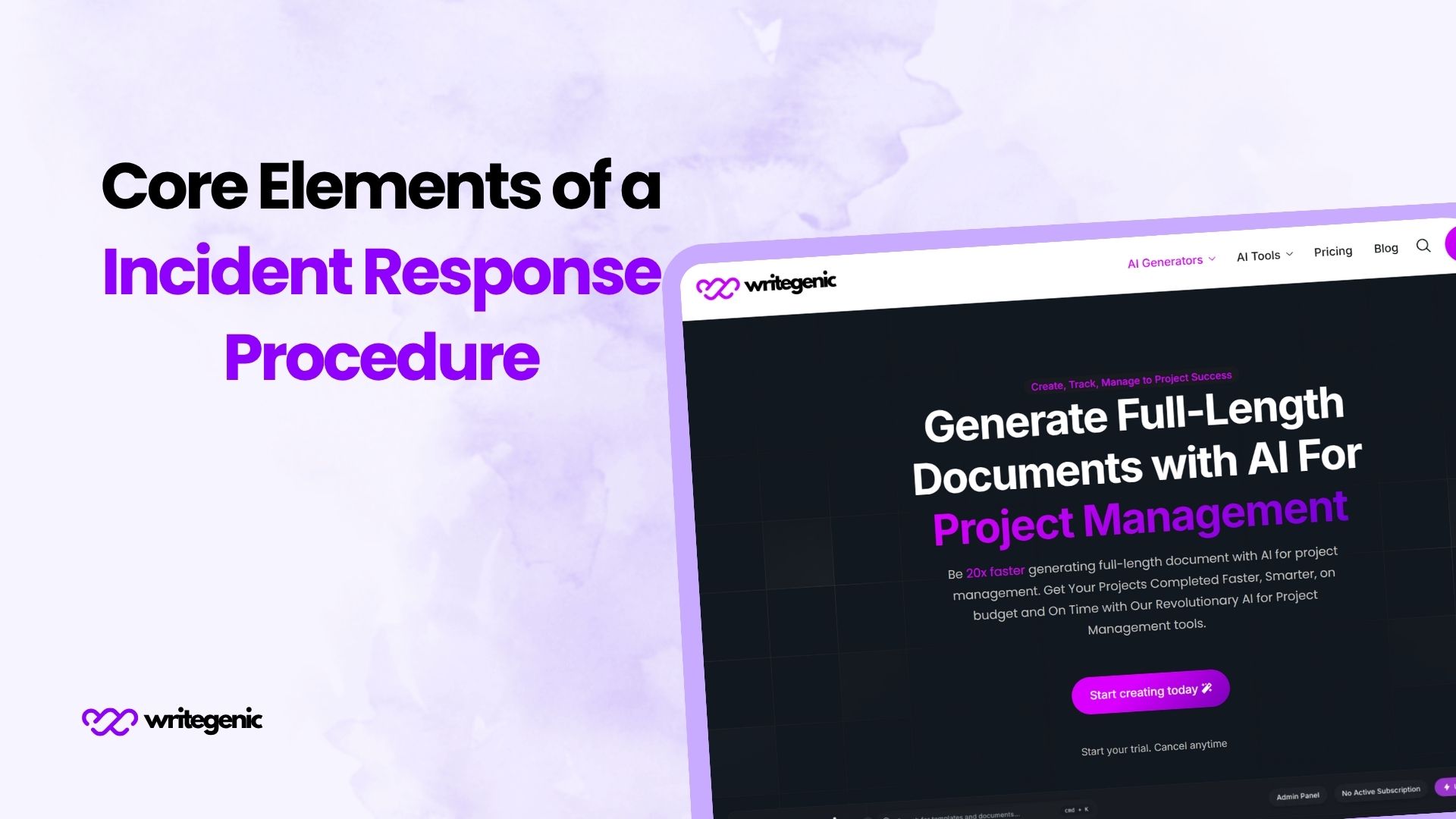
2 minute read
Can Small Businesses Benefit from an Incident Response Procedure?
Can Small Businesses Benefit from an Incident Response Procedure?
Yes, absolutely. In fact, small businesses may benefit even more than larger enterprises from having a well-documented Incident Response Procedure in place. While small companies often lack dedicated cybersecurity teams or advanced infrastructure, having a clear procedure enables them to act swiftly and effectively in the face of cyber threats.
Faster Detection and Response with Limited Resources
A formal procedure gives small businesses a structured approach to identifying unusual activity, understanding potential risks, and taking immediate action to contain incidents. Even without advanced tools or personnel, a step-by-step guide allows staff to respond confidently and reduce delays that could worsen the impact of the breach.
Reducing Downtime and Financial Loss
For small businesses, every minute of system downtime can be critical. An Incident Response Procedure minimizes the time it takes to isolate problems and begin recovery, helping to avoid prolonged outages and lost revenue. By following defined actions, businesses can return to normal operations much faster.
Protecting Reputation and Building Trust
Reputation is often a small business’s most valuable asset. A slow or poorly handled response to a security incident can damage customer confidence and long-term brand loyalty. With a response procedure in place, companies can demonstrate professionalism and responsibility, helping to maintain trust even during difficult situations.
Supporting Compliance and Legal Obligations
Many small businesses must still comply with data protection regulations such as GDPR, HIPAA, or industry-specific security standards. A documented Incident Response Procedure shows that the company is taking security seriously and helps ensure proper reporting, documentation, and follow-up in line with legal requirements.










